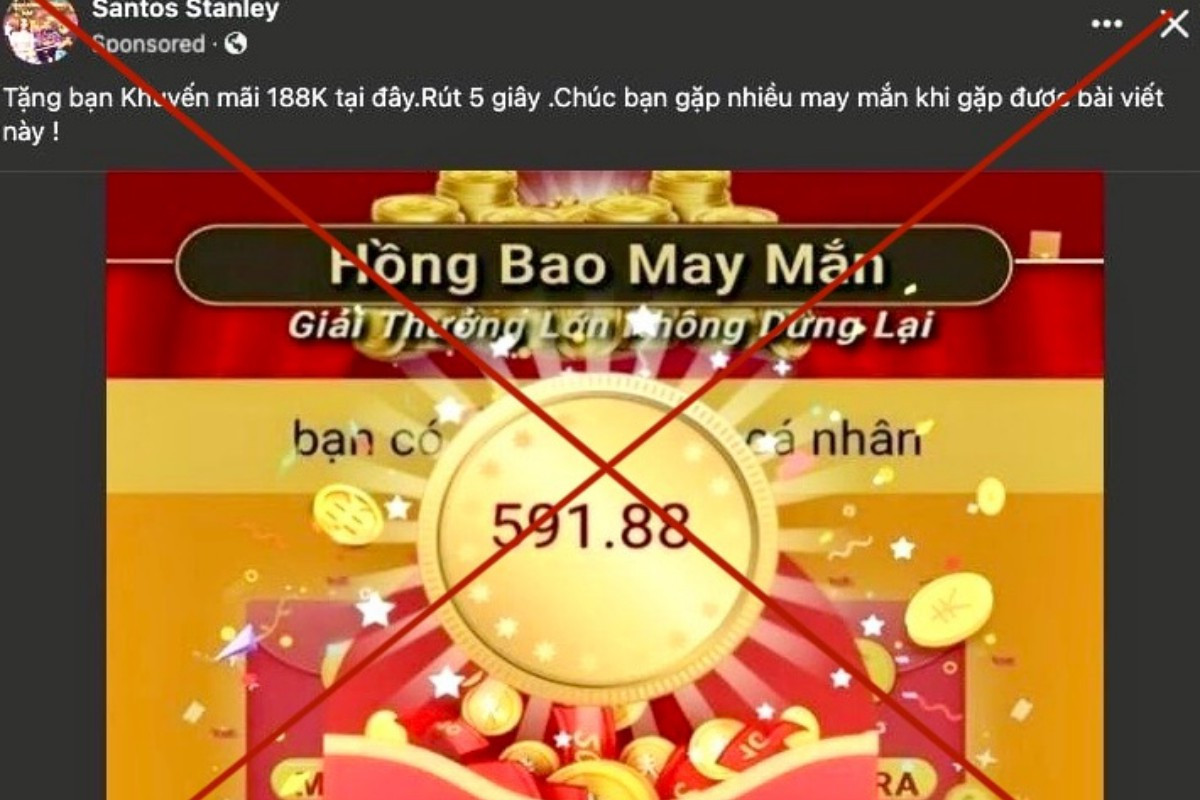
Facebook users complain that the ads inviting users to play gambling and betting games appear regularly when they surf content, though they have never sought or played the games of this kind before. In recent days, the ads all originated from accounts with foreign names, and run directly in Vietnam.
Meanwhile, on Telegram, the ads on gambling games appear frequently in groups and channels with an extremely high number of participants, especially groups and channels with pornographic content. The ads run automatically via bots and appear as per commands set before.
Khoi Nguyen, who provides services on social networks in HCM City, said it is very difficult to block the ads on betting and gambling games on Facebook, because the platform allows individuals to run ads with this kind of content.
Previously, these were implemented by domestic ad accounts on Facebook. But now, warned of possible sanctions, advertisers try to dodge the law by hiring foreign teams. Therefore, even when this behavior is prohibited by law, it is still impossible to block the ads of this kind if the platform still allows this.
Nguyen Thanh Nam, who provides marketing services to projects on Telegram, commented that it is difficult to block these ads on Facebook and even more difficult to do this on Telegram, because ad placement is done automatically and is nearly impossible to trace. Bots are all programmed with the command to run ads without operation by humans.
The Ministry of Information and Communications (MIC) vows to prevent cross-border ads in violation of laws from entering Vietnam. The ministry has offered suggestions to the draft law on advertisements (amended) compiled by the Ministry of Culture, Sports and Tourism (MCST).
MIC thinks that it is necessary to set a rule that institutions and individuals providing cross-border ad services must inform MIC 15 days before they begin ad services in Vietnam.
Ad service providers must verify the identity of advertisers. They must store information and documents about ad activities for one year after the ads no longer appear.
They also must have technological solutions to detect and remove ads in violation in service providing systems; and store information about the rules and algorithms of ad distribution modes used to distribute ads on the internet.
If foreign institutions/individuals don’t handle such ads as requested without legitimate reasons, MIC will conduct measures to block the violating ads and impose punishment on violators.
Van Anh